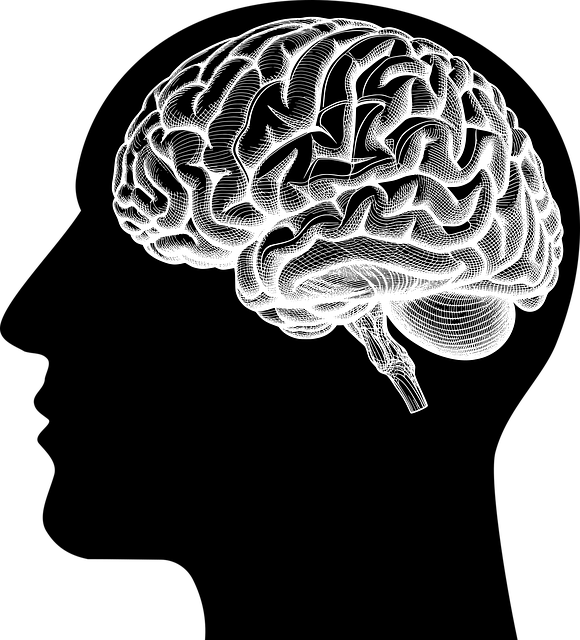To promote Northglenn Self-Esteem Therapy, targeted public awareness campaigns emphasize emotional connection and practical information. Key strategies include self-awareness exercises, mental health policy advocacy, cultural sensitivity training for healthcare providers, and leveraging digital platforms along with community partnerships. Campaign success is measured through quantitative and qualitative assessments tracking knowledge, attitudes, behaviors, service utilization, and policy changes before and after implementation, ensuring the initiative effectively addresses community mental health needs.
Public awareness campaigns play a pivotal role in shaping societal perceptions and driving positive change. This article delves into the multifaceted world of these campaigns, exploring their profound impact on mental health initiatives, particularly focusing on Northglenn Self-Esteem Therapy.
We’ll dissect the key strategies for designing effective campaigns, highlighting successful implementations while providing insights into measuring their success. By examining these elements, we aim to illuminate the potential for public awareness to foster healthier communities.
- Understanding Public Awareness Campaigns: Their Role and Impact
- Designing Effective Campaigns: Strategies for Northglenn Self-Esteem Therapy
- Measuring Success: Evaluating the Effectiveness of Public Awareness Campaigns in Community Mental Health Initiatives
Understanding Public Awareness Campaigns: Their Role and Impact

Public awareness campaigns play a pivotal role in educating communities about various social and health issues, including mental well-being. These initiatives are designed to inform, engage, and inspire action from individuals, ultimately fostering positive change. At their core, such campaigns aim to dispel myths, provide valuable insights, and encourage people to seek help when needed, especially for sensitive topics like self-esteem.
Taking Northglenn Self-Esteem Therapy as an example, these campaigns can highlight the impact of low self-worth on individuals’ daily lives and emphasize the availability of resources and support. By raising awareness, they initiate conversations around emotional healing processes and resilience building, encouraging people to prioritize their mental health. Moreover, effective campaigns consider risk assessment for mental health professionals, ensuring that help-seeking behaviors are promoted safely and ethically.
Designing Effective Campaigns: Strategies for Northglenn Self-Esteem Therapy

Designing effective public awareness campaigns for Northglenn Self-Esteem Therapy requires a strategic approach that combines emotional resonance with actionable information. Campaigns should focus on fostering self-awareness exercises, highlighting the importance of mental health policy analysis and advocacy, and addressing the unique cultural needs of the community. By integrating these strategies, Northglenn Self-Esteem Therapy can create impactful messages that resonate with diverse populations.
A key component involves training local healthcare providers in cultural competency to ensure inclusive service delivery. This not only improves access to care but also enhances the overall effectiveness of public awareness efforts. Leveraging digital platforms and community partnerships can amplify these campaigns, enabling a more comprehensive reach and fostering a supportive environment for mental health discussions.
Measuring Success: Evaluating the Effectiveness of Public Awareness Campaigns in Community Mental Health Initiatives

Measuring success is a critical aspect of evaluating the effectiveness of public awareness campaigns in community mental health initiatives, such as Northglenn Self-Esteem Therapy. To gauge the impact, various quantitative and qualitative methods can be employed. These include tracking changes in knowledge levels, attitudes, and behaviors before and after the campaign through surveys, focus groups, and interviews. For instance, assessing the increase in awareness about self-esteem improvement techniques or shifts in community perceptions regarding mental wellness can provide valuable insights.
Additionally, the success of these campaigns can be measured by examining the uptake of services and support systems offered by Northglenn Self-Esteem Therapy. Mental health policy analysis and advocacy efforts should also consider the campaign’s contribution to broader mental health goals, such as reducing stigma and promoting mental wellness in the community. These evaluations are essential for refining future campaigns and ensuring that resources are allocated effectively to address the unique needs of the population served.
Public awareness campaigns, as highlighted in this article, are powerful tools for fostering mental health initiatives, particularly with strategies tailored to Northglenn Self-Esteem Therapy. By understanding their role and measuring success, communities can effectively navigate challenges and create positive change. The key lies in designing impactful campaigns that resonate with the target audience, leading to improved public understanding and support for mental well-being. Through continuous evaluation and adaptation, we can ensure these campaigns remain relevant and contribute to a healthier society.














